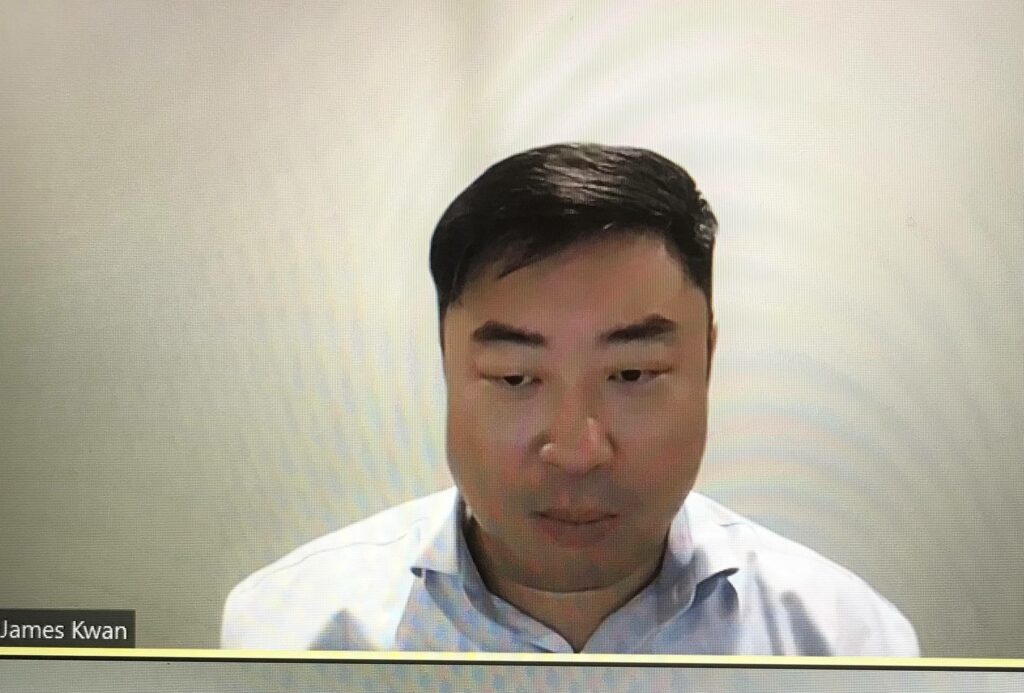Barramundi focuses on Brunei after Australian sell-off

Finfish farmer Barramundi Group has announced a “strategic pivot” to Brunei as a production centre, following the disposal of its Australian assets and fish health setbacks in its Singapore operations.
The Singapore-based company reported its financial results for the first half of this year today. Barramundi cut its net losses from SGD 11.9m (£6.95m) in H1 2022 to SGD 5.3m (£3.1m) for the same period this year, a 55% reduction. This reflects not only the termination of loss-making activities in Australia and Singapore, but also an aggressive cost-cutting strategy.
Revenue for the half-year was SGD 16.6m (£9.7m),compared with SGD 16.9m (£9.9m) in H1 in 2022, CEO James Kwan reported. He said a reduced sales volume of 714 tonnes (down from 930 tonnes) was compensated by higher retail prices.
Barramundi farms the fish of the same name, also known as Asian sea bass, which is a popular high-end seafood dish in Australasia.
In May this year, Barramundi’s Australian business was placed into administration. It was subsequently acquired by Australian salmon farmer Tassal. Results from Australia up to the point of disposal are reflected in Barramundi’s H1 figures.
In Singapore, meanwhile, trials of a vaccine for scale drop disease virus (SDDV) had proved “inconclusive”, Kwan said, and grow-out operations at Barramundi’s Singapore site were halted with an early harvest of all the remaining biomass.
Pivot to Brunei
The company enjoyed better fortunes in Brunei, however, where it has signed a distribution agreement with premium retailer Ben Foods, and also saw “stellar” results from the trial of its recirculating aquaculture system (RAS) farm, with very good feed conversion rates. Brunei, a major oil and gas producer in the region, enjoys low energy and labour costs.
Barramundi also said that the Bruneian government are “staunch supporters” of aquaculture.
Chief Financial Officer Vanessa Tan said: “The data strongly supports the case for investment in RAS.”
A grow-out plant on land also avoids the problem of SDDV, which is endemic in south east Asian waters.
Barramundi now plans to raise capital for a full-scale land-based RAS facility with capacity to produce 3,000 tonnes annually.
Kwan said: “Lifting the finance burden of Australia means more opportunity to focus on strengthening aquaculture in Brunei.”
Meanwhile, Singapore will be the group’s hub for sales and intellectual property, including the development of vaccines and genetic broodstock research carried out in collaboration with research institutes.
The group’s value added arm, Fassler, increased revenue from SGD 6.84m (£4m) to SGD 7.36m (£4.3m), but higher energy and raw material costs meant the EBITDA margin was down around 30% to SGD 0.29 (£0.17).

James Kwan, CEO Barramundi Group, in an online presentation for H1 results 2023

